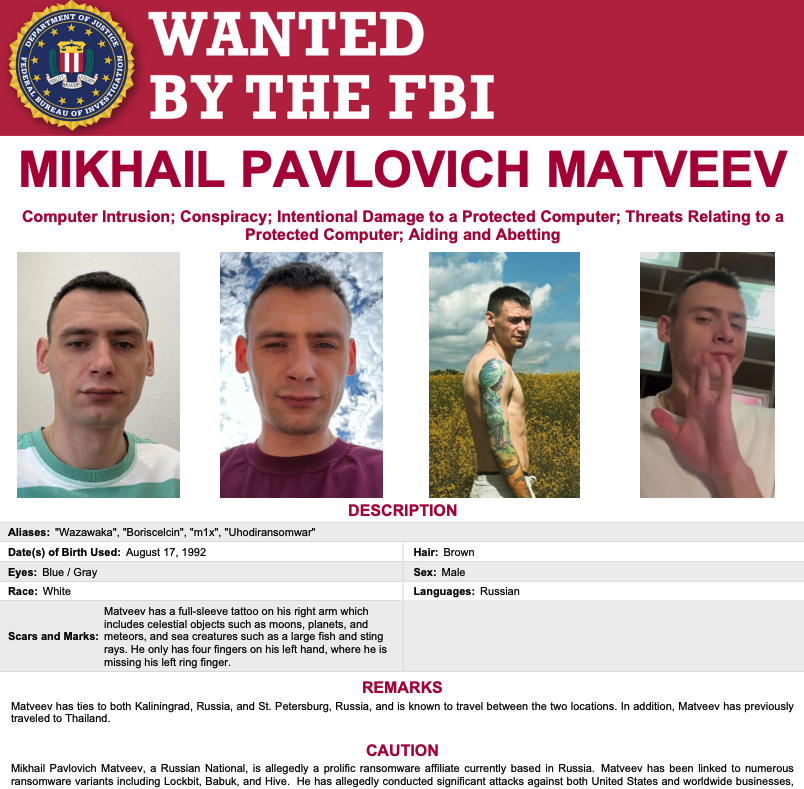In a world plagued by numerous cyberattacks and their devastating aftermath, a recent incident involving the Industrial & Commercial Bank of China (ICBC) has drawn significant attention. ICBC, one of the world’s largest banks, was forced to resort to a rather unconventional method for transporting critical data due to a malicious cyberattack.
The ICBC fell victim to a disruptive ransomware attack, which brought their entire digital infrastructure to a standstill. This unforeseen disruption impacted banking transactions and online services, paralyzing their daily operations. However, a critical situation required urgent action: the need to send essential settlement details to the US Treasury Trades.
With online services rendered useless, ICBC’s administrative staff had to think on their feet. They opted to load the crucial data onto USB sticks and physically transport the information to the federal organization. While this may seem like a secure means of information transfer, it comes with its own set of challenges, including the allocation of additional manpower and miscellaneous expenses.
The New York-based Industrial & Commercial Bank of China suspects that the cyberattack was the handiwork of the LockBit Ransomware group, believed to be operating out of Russia. ICBC’s security experts are currently engaged in gathering evidence and exploring the possibility of negotiating a resolution with the hackers through forensic efforts.
Simultaneously, ICBC is committed to handling the incident professionally. Their approach involves recovering the stolen data from backups and collaborating with law enforcement agencies to prevent the illicit sale or leakage of sensitive information on the internet.
Despite the enormous financial significance of ICBC, with trading operations in financial securities centers like London, Tokyo, and New York, the bank refuses to succumb to the hackers’ ransom demands, which could reach a staggering figure in the millions. Paying these criminals not only incentivizes further criminal activity but also does not guarantee the receipt of a decryption key.
Regrettably, the LockBit group shows no signs of letting up in their malicious endeavors. Recent victims of this cybercriminal gang include notable companies such as Boeing, ION Trading UK, and the UK’s Royal Mail. As the group communicates in the language associated with Putin-led Russia, there is speculation that they may have connections to the Kremlin, a concern raised by the Pentagon.
The post Cyber Attack on US Bank forces it to transit data via USB Sticks appeared first on Cybersecurity Insiders.
